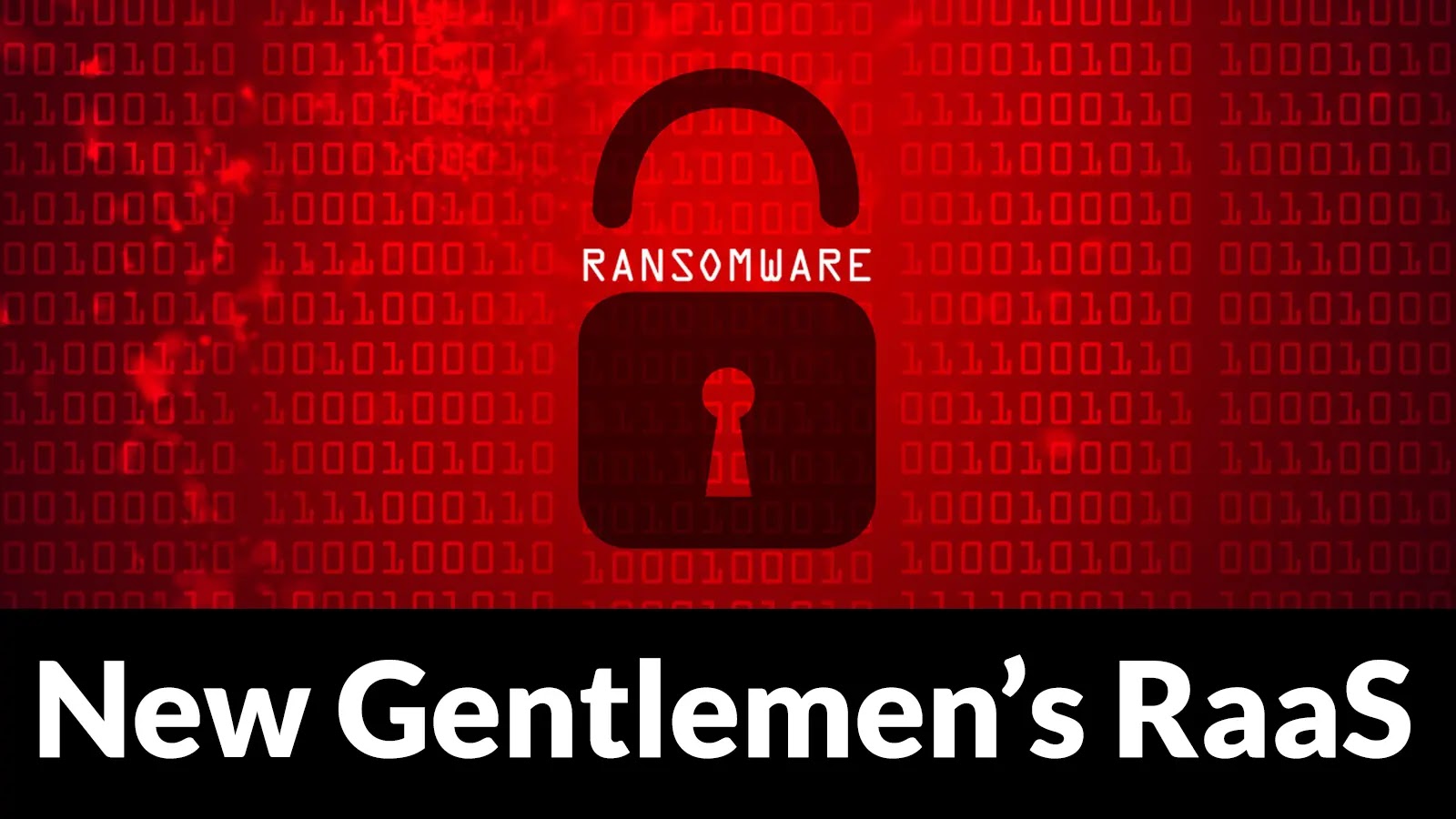In a recent cybersecurity incident, Turkish hackers have exploited a zero-day vulnerability in Output Messenger to conduct espionage activities targeting Iraqi entities. This sophisticated attack underscores the persistent threats posed by state-sponsored cyber operations in the Middle East.
The Exploited Vulnerability
Output Messenger, a widely used internal communication tool, was found to have a previously unknown security flaw. This zero-day vulnerability allowed attackers to gain unauthorized access to systems, facilitating the installation of malware and the exfiltration of sensitive information. The exploitation of such vulnerabilities is particularly concerning as they are unknown to the software vendor and, therefore, lack existing patches or defenses.
The Attackers: Turkish Hackers
The cyberattack has been attributed to a group of Turkish hackers known for their advanced persistent threat (APT) activities. This group has a history of targeting governmental and military organizations in neighboring countries, employing sophisticated techniques to achieve their objectives. Their operations often involve the use of zero-day exploits, phishing campaigns, and custom malware designed to evade detection.
Targeted Entities in Iraq
The primary targets of this espionage campaign were Iraqi government agencies and military organizations. By infiltrating these entities, the attackers aimed to gather intelligence on Iraq’s internal affairs, defense strategies, and diplomatic communications. The breach of such sensitive information poses significant risks to national security and regional stability.
Methodology of the Attack
The attackers initiated the campaign by identifying and exploiting the zero-day vulnerability in Output Messenger. Once access was gained, they deployed malware capable of recording keystrokes, capturing screenshots, and exfiltrating documents. The malware was designed to operate stealthily, minimizing detection by traditional security measures.
To maintain persistence within the compromised networks, the attackers employed various techniques, including the creation of backdoors and the use of legitimate credentials obtained through phishing. This allowed them to navigate through the networks undetected, accessing and extracting valuable information over an extended period.
Implications for Cybersecurity
This incident highlights the critical importance of proactive cybersecurity measures, especially for government and military organizations. The exploitation of zero-day vulnerabilities by state-sponsored actors demonstrates the need for continuous monitoring, timely patching of software, and the implementation of advanced threat detection systems.
Organizations are advised to conduct regular security assessments, educate employees on recognizing phishing attempts, and establish incident response plans to mitigate the impact of potential breaches.
Conclusion
The exploitation of the Output Messenger zero-day vulnerability by Turkish hackers targeting Iraqi entities serves as a stark reminder of the evolving cyber threat landscape. As cyber espionage tactics become increasingly sophisticated, it is imperative for organizations to enhance their cybersecurity posture to protect sensitive information and maintain national security.



